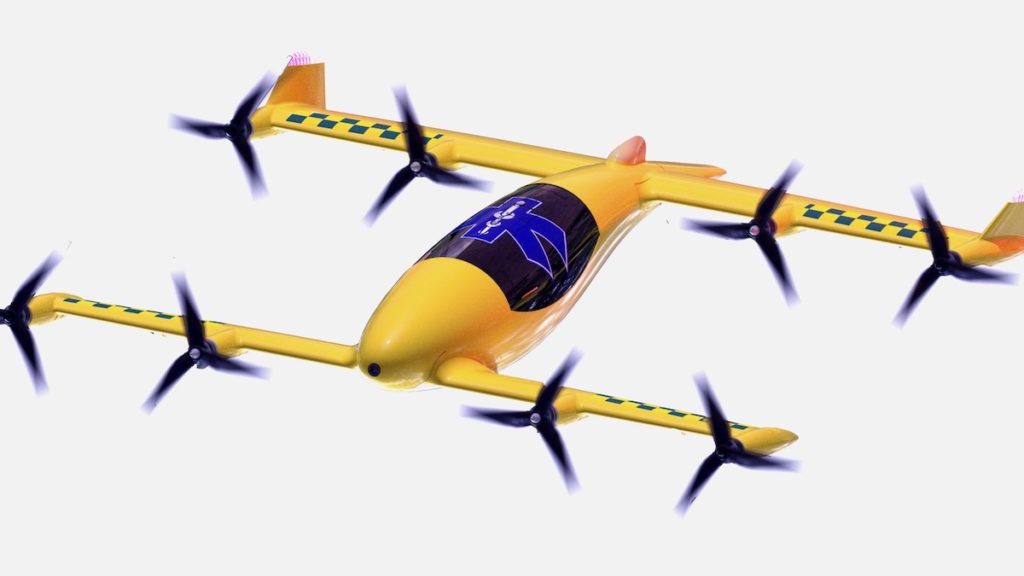In Swedish Lapland, drone deliveries may soon expand rural health services
Using drones to ferry medicine and and medical samples will allow underserved rural Swedes to do more to heal themselves.

Swedish officials say they are prepared to begin real-world tests using drones to ferry medicine and medical samples between hospitals and rural communities in Swedish Lapland.
After wrapping up testing of the specially designed drones on closed courses in the Västerbotten region in May, the next phase will be to conduct test flights between a hospital in the town of Storuman and a health clinic in the village of Slussfors, some 40 miles (60 kilometers away).
The clinic in Slussfors is one of seven virtual care rooms — self-service medical facilities — established in the region last year. The clinics, which are paired with a hospital, make it possible for people living rural areas to take blood tests, check their blood pressure or perform other simple medical procedures on their own. More complicated health services and consultation with a doctor can be provided using a video link.
The drones, which land and take off like a helicopter but fly as a fixed-wing aircraft, can carry a payload of up to 18 pounds (8 kilograms) and will be able to cover the distance in half an hour.
Once the drones enter service, the goal is for rural residents to be able to receive medication sent from the hospital within 24 hours of it being prescribed, according to the drone’s designer, Anders Forslund, of Chalmers University of Technology, in Gothenburg. Currently, the region’s residents, many of whom are elderly, need to drive upwards of 20 miles to pick up prescriptions at a pharmacy.

Initially, the drones will be operated by a human, but the hope is that the flights can be fully automated, according to Pia Kristiansson of the Centre for Rural Healthcare at Stour-man Hospital, which is leading a consortium that received 6 million kronor (about $690,000) from the Swedish Energy Agency to finalise the details of the delivery system.
The aim of the tests will be to ensure that the drones can fly safely in various types of weather, and that payloads can be delivered properly. Testing will also involve ensuring the drones can navigate properly and communicate securely and reliably in areas with limited mobile-network connectivity.
During testing, the drones will fly on fixed routes between pre-determined points. Eventually, medical officials hope the drones can be used to transport emergency medical equipment and supplies to wilderness areas.